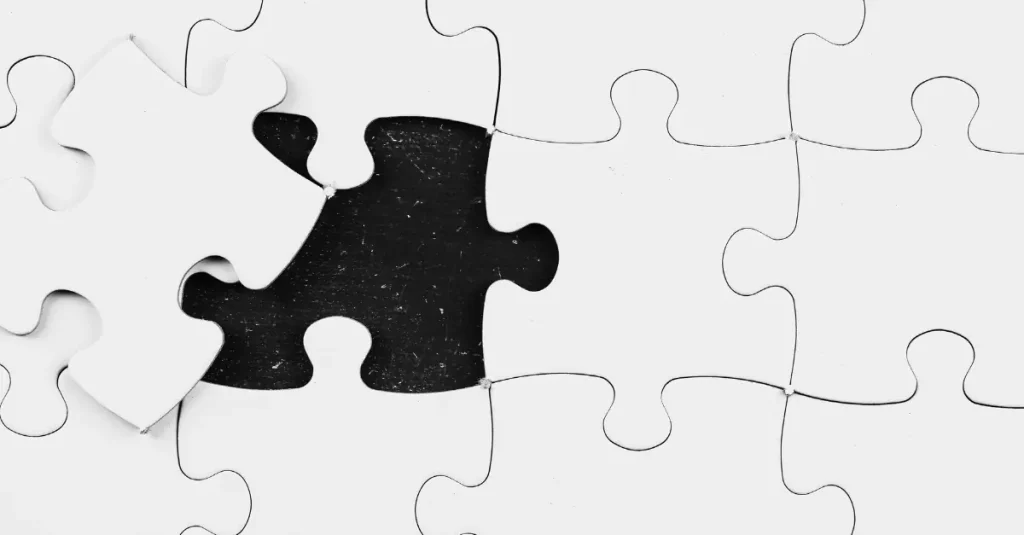Join Our Newsletter
Subscribe with your email to receive the latest news, updates, and exclusive offers.


If someone tells you that they have a perfect memory, and you find yourself in that state of comparing your fuzzy memory to theirs, stop there. It turns out that having a total recall is totally overrated, and that forgetfulness is, in fact, the perfect sign of a powerful brain.
Memory has always been perceived as a trait of a healthy and strong brain. However, as researchers from the University of Toronto would point, forgetting and remembering bear the same weight of importance for the truly powerful brain.
After analyzing several studies which focused on the neurobiology behind remembering and forgetting, the research team found that these two processes work together and are not the polar opposites we’d like to perceive.
In fact, their constant interaction is one that allows the person to make intelligent decisions in dynamic and noisy environments. As Professor Blake Richards puts it, the purpose of memory is to optimize the decision-making process.
This can only be achieved through filtering out irrelevant information while retaining the most important aspects of those memories.
This means that ‘bad memory,’ as it would be commonly perceived, is, in fact, a mechanism which serves to retain and make space for relevant information at the price of details that don’t serve a role in one’s general perception and knowledge.
Instead of recording ‘facts,’ the brain processes the information for the role it serves in the general picture and retains only a simplified version of it.
This is why the ‘forgetful ones’ find it extremely hard to learn by heart. Simply put, their high intelligence doesn’t allow it because it’s got better things to focus on. It turns out that this is a sign of powerful information processing and not a weakness.
“One of the things that distinguishes an environment where you’re going to want to remember stuff versus an environment where you want to forget stuff is this question of how consistent the environment is and how likely things are to come back into your life,” explains Richards.
In other words, any information to which we have easy access and can to which we can refer to when we actually need it (such as facts that can be Googled or phone numbers) will be erased from the mind so that there is more space for important information.
What your brain will remember, though, is the means of finding that information, should it become necessary.
To optimize this powerful process, Richards suggests that you do a regular ‘clean-up’ of your memory. And this is best achieved through any type of physical exercise. “We know that exercise increases the number of neurons in the hippocampus,” he explains.
Through the creation of new neurons, the brain will free up space for more relevant information while deleting any irrelevant things. And don’t worry – you won’t forget what’s truly important for you.
Another thing that happens during this process is a reclassification of already existing information for the purpose of easier access to it. During this process, all relevant information gets connected to all of the rest and your network of knowledge creates a completely evolved perception of things based on what it has stored.
“You don’t want to forget everything, and if you’re forgetting a lot more than normal that might be cause for concern,” Richards says. “But if you’re someone who forgets the occasional detail, that’s probably a sign that your memory system is perfectly healthy and doing exactly what it should be doing.”
So, being the forgetful genius is not bad after all. Who cares what you had for dinner yesterday as long as you know that you ate?
Do you forget mundane details? Share your experience and thoughts on this!
Source: CNN
